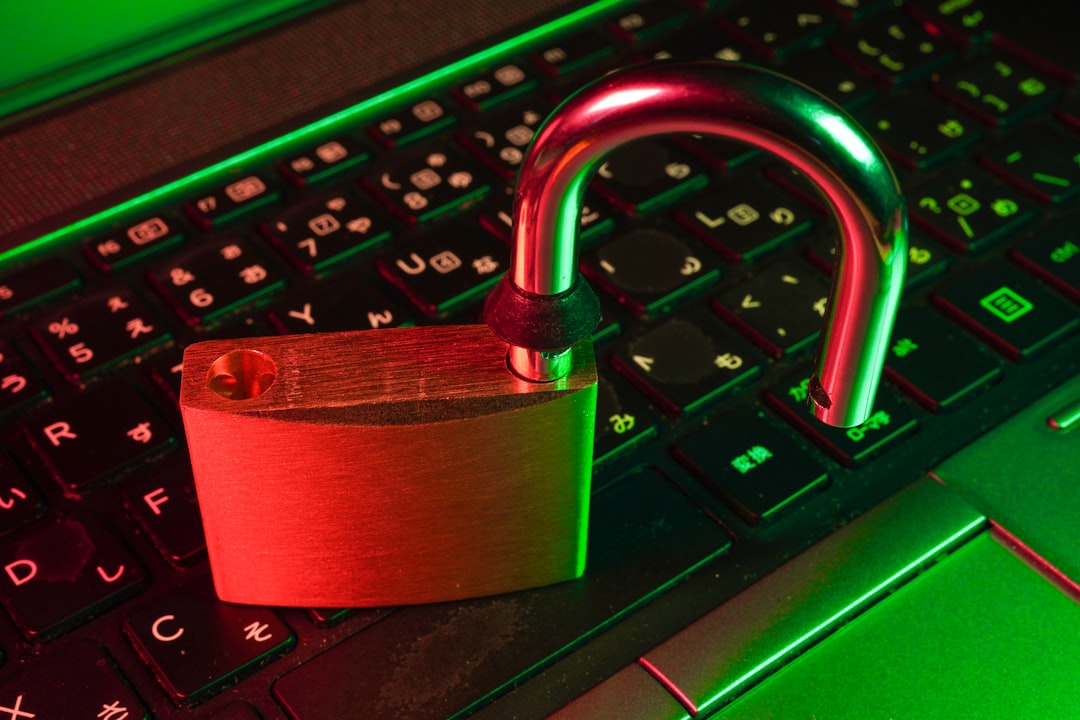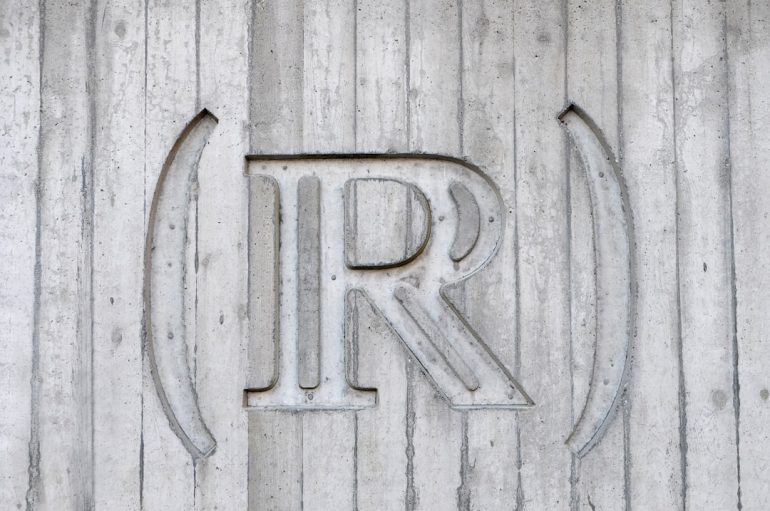Choosing the Right SSL CA Certificate Authority for Your Business in 2025
In the ever-evolving landscape of cybersecurity, securing digital assets is more critical than ever. One of the foundational elements of ensuring secure online communications is the implementation of Secure Sockets Layer (SSL) certificates. These certificates not only encrypt data exchanges but also authenticate websites, helping to build trust with users. As we head into 2025, choosing the right SSL CA (Certificate Authority) for your business has become a strategic decision rather than a mere technical task.
Understanding the Role of a Certificate Authority
Table of Contents
A Certificate Authority is a trusted entity that issues digital certificates. These certificates confirm the ownership of a public key and, by extension, authenticate the identity of a website. When a CA is recognized by major browsers and operating systems, its digital certificates are trusted by users’ devices, enabling secure, encrypted communications through protocols such as HTTPS.
There are hundreds of CAs globally, but only a few are widely trusted and consistently meet stringent security standards. Choosing the right one isn’t a “one-size-fits-all” decision — it depends on business size, industry, security needs, budget, and level of customer interaction.

Factors to Consider When Choosing an SSL CA in 2025
When evaluating the best SSL Certificate Authority for your business, consider these key factors:
1. Brand Reputation and Trustworthiness
In 2025, reputation still plays a substantial role. Trusted CAs like DigiCert, Sectigo, and GlobalSign have years of proven reliability. Their certificates are universally recognized and respected by browsers, increasing user trust in your website.
2. Certificate Offerings
Does your business need a single-domain SSL, a multi-domain (SAN) certificate, or a Wildcard to secure subdomains? Does it require basic encryption (Domain Validation), high-level identity verification (Organization Validation), or Extended Validation (EV) with a green bar interface? Choose a CA that offers a wide variety of certificates to accommodate your changing needs.
3. Validation Time and Process
Some certificates can be issued within minutes, while others, especially EV certificates, may take days. Your desired setup speed should determine which CA to go with, along with their efficiency and support throughout the validation process.
4. Pricing and Flexible Plans
Cost-effectiveness is still vital. Premium vendors may charge more but offer outstanding support and uptime, while more budget-friendly CAs can be cost-efficient without sacrificing core security. Assess the value rather than the low end of pricing.
5. Warranty and Liability Coverage
Serious breaches can result in huge reputational and financial losses. Look for CAs offering substantial warranty plans—such as $1 million or more—to cover these potential damages. It’s not often needed, but it provides peace of mind.
6. Customer Support and Integration Tools
Choose CAs with responsive, 24/7 customer service and integration tools such as REST APIs, automation features for certificate lifecycle management, and plugins for platforms like cPanel, Microsoft, and AWS.
7. Compliance and Emerging Standards
By 2025, more businesses are required to comply with newer security frameworks like TLS 1.3 adoption, Post-Quantum Cryptography preparedness, and automation for certificate renewal via ACME protocol. Ensure your CA is ahead in supporting these.

Top Certificate Authorities to Consider in 2025
Here are some of the most notable SSL Certificate Authorities worthy of consideration by businesses heading into 2025:
- DigiCert: Known for enterprise-grade management platforms and comprehensive certificate options. Great for large organizations.
- GlobalSign: Offers scalable PKI solutions suited for both small and large businesses, with excellent automation capabilities.
- Sectigo (formerly Comodo CA): A popular choice for budget-conscious businesses with a large range of certificates and support tools.
- Let’s Encrypt: Free SSL certificates with automated issuance and renewal. Excellent for startups and open-source projects. Limited to Domain Validation only.
- Entrust: Known for strong security, compliance with government standards, and comprehensive PKI support.
Industry-Specific SSL Choices
Some businesses may require niche features or compliance capabilities, particularly in industries like finance, healthcare, or e-commerce:
- Healthcare: Compliance with HIPAA guidelines is crucial. Choose CAs familiar with PHI protection principles.
- Finance: Financial institutions often require strong identity validation and may be drawn to EV SSLs.
- E-commerce: Prioritize trust signals like the green address bar and visual indicators that come with EV certificates.
Trends in SSL and CA Market for 2025
The SSL industry has seen monumental changes, including shrinking certificate lifespans (now capped at 13 months), mandatory redirect to HTTPS by default in browsers, and ongoing focus on automation. In 2025, here are some noteworthy trends:
- Zero Touch Admin: Full automation in issuing, renewing, and revoking certificates via ACME clients.
- Shorter Certificate Lifetimes: Encouraging automated updates to maintain compliance and reduce vulnerability windows.
- Post-Quantum Technologies: CAs embracing cryptographic resilience against potential quantum attacks through hybrid certificates.
- Greater Integration: APIs and direct integrations with DevOps workflows to streamline certificate management.
Conclusion
In 2025, choosing a Certificate Authority is no longer just a checkmark for security—it’s a component of your brand’s reputation and resilience in a data-driven world. Select a CA that not only matches your technical needs but also aligns with your long-term digital strategy. Reliable, automated, and standards-compliant SSL solutions are integral to maintaining user trust, SEO rankings, and regulatory compliance.
Frequently Asked Questions (FAQ)
-
What is an SSL Certificate Authority (CA)?
A CA is a trusted third party that issues digital certificates to verify website identities and enable secure, encrypted connections. -
Are free certificates from Let’s Encrypt a good option for businesses?
Yes, for small businesses and non-commercial websites. However, they only offer Domain Validation and lack dedicated customer support or warranties. -
What’s the difference between DV, OV, and EV SSL certificates?
DV (Domain Validation) confirms domain ownership, OV (Organization Validation) confirms business identity, and EV (Extended Validation) provides the highest authentication with visual trust indicators. -
How often should SSL certificates be renewed?
As of 2025, SSL certificates are typically valid for 13 months. Renewals should be automated where possible to prevent expiration issues. -
Is it safe to use wildcard certificates?
Yes, as long as they are managed securely. Wildcards encrypt multiple subdomains, providing convenience and efficiency for certain organizations. -
Can I switch SSL providers without downtime?
Yes. You can switch CAs by generating a new certificate for your domain and installing it without disrupting existing services if done properly.







